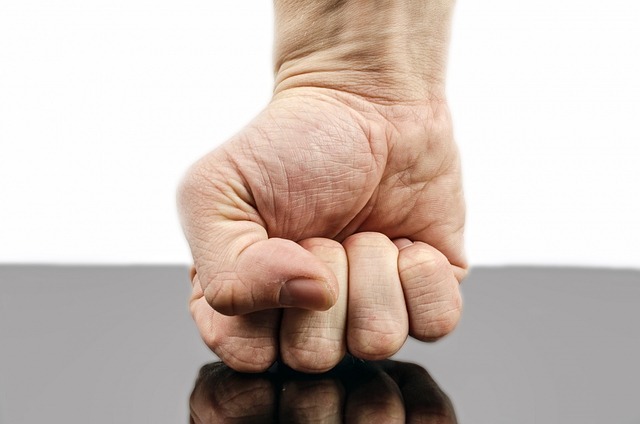


Why Anger Makes a Wrongly Accused Person Look Guilty
By Michael Blanding for Harvard Business School
A co-worker accuses you of lying during an important client meeting, and you’re furious because you didn’t lie. Expressing that anger, however, isn’t the best way to prove your innocence, according to new research.
“People may misinterpret that anger as a sign of guilt,” says Harvard Business School professor Leslie K. John, whose paper Anger Damns the Innocent is forthcoming in the journal Psychological Science. In a series of experiments, John and her colleagues—Katherine DeCelles of the University of Toronto, Gabrielle Adams of the University of Virginia, and Holly Howe of Duke University—found that anger can make a person come across as guilty even when they are not.
Too often, when an employee is accused of wrongdoing, people evaluating the situation can make snap judgments based on biases and hunches. This research shows how easy it is for others to make the wrong call about whether an accused person has committed the offense, based on the emotions he or she expresses. Such an unfair judgment can have grave consequences, affecting the accused person’s career and even leading to job loss.
The researchers were inspired to investigate the link between anger and guilt five years ago after discussing true crime documentaries and the dynamics of the falsely accused being interviewed by police.
“As behavioral scientists, we wondered what faulty reasoning processes may lead to putting an innocent person behind bars,” says John, the Marvin Bower Associate Professor at HBS. “People who are falsely accused, of course, have every reason to be angry. But we wondered whether displays of anger may be misinterpreted as a sign of guilt.”
First, the team set out to investigate whether people infer guilt from anger. Then, they looked at whether displays of anger related to actual guilt.
Anger isn’t a good look
The authors conducted several studies to examine these questions. In one experiment, the researchers showed participants clips from the courtroom reality TV show Judge Faith featuring a variety of accusations involving shady neighbors, moving company mishaps, and reckless drivers.
Participants rated how angry and guilty they thought the TV courtroom parties were. Sure enough, the angrier the participants considered the accused, the guiltier they believed them to be. To help explain this effect, the researchers also documented that people who express anger appear untrustworthy and less authentic.
In another experiment, the research team had participants read fictitious scenarios involving a man named Nathan who was either accused of infidelity by his partner or of stealing money by a co-worker. In each scenario, the researchers randomized Nathan’s response, telling subjects he either calmly denied the allegation, or flew off the handle and yelled angrily when confronted.
For more, click here.